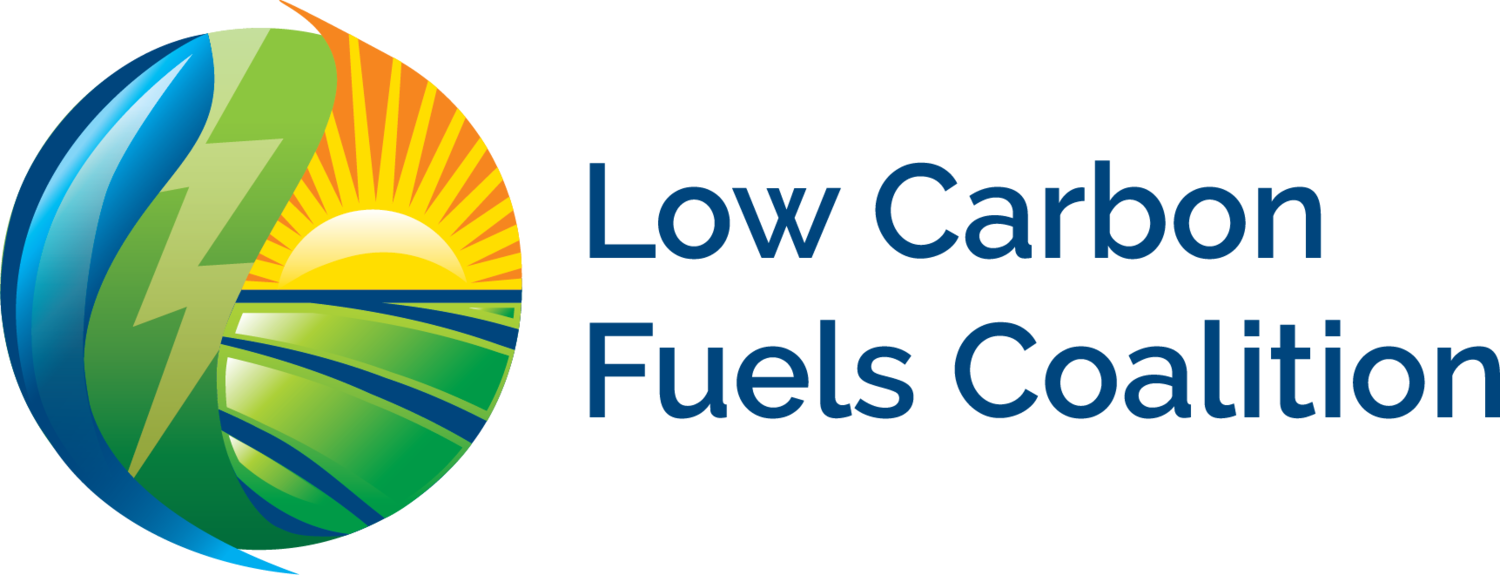No summer breaks for the regulators. There are three clean fuel programs in the rulemaking process right now, from the oldest (California) to the two newest (Washington and New Mexico).
California: Just when we all thought the process had been done, the Office of Administrative Law (OAL) rejected the LCFS program amendments that had been approved by the California Air Resources Board’s Board in November. Fortunately, the disapproval was due to technical requirements of administrative law rather than the substantive merits. After yet another [wholly unexpected] round of stakeholder comments, OAL approved the revised amendments which will go into effect on July 1.
New Mexico: The New Mexico Environmental Department’s Climate Change Bureau officially kicked off the Clean Transportation Fuel Standard rulemaking with its petition to the Environmental Improvement Board (EIB) on May 16th. The announcement and dates for the rule’s hearing before the EIB was released this week, kicking off the stakeholder comment period. The hearing will begin on Sept. 22 for for 2 weeks (10 business days). If needed, it will then reconvene in November. We are all still learning about the full rulemaking process, which is looking different from previous programs. Although a deadline has not been provided, any written comments should be submitted by Sept. 19, 2025 prior to the hearing. Stakeholders will have an opportunity to directly participate in the hearing, whether informally by verbal comments up to 3 minutes or more substantively by registering as a participant
Washington: In the wake of the WA state legislature enacting its own updates to the Clean Fuel Program including lowering the carbon intensity targets, the Department of Ecology launched a rulemaking on June 16, 2025. The bill HB 1409 requires Ecology to increase the pace of carbon intensity reductions by 5% in 2026 and 4% in 2027 and 45% by Jan 1, 2038. The proposed rule included proposed technical updates related to assessment of aviation and marine fuels, third-party verification, requirement of forklift metering, harmonizing with CA and OR programs, and changes to encourage in-state and regional energy production, including book-and-claim accounting and renewable energy certificate requirements. A public hearing is scheduled for July 22-23, and will be open for public testimony. Full info is here. Comments can be submitted electronically and are due August 1st.

